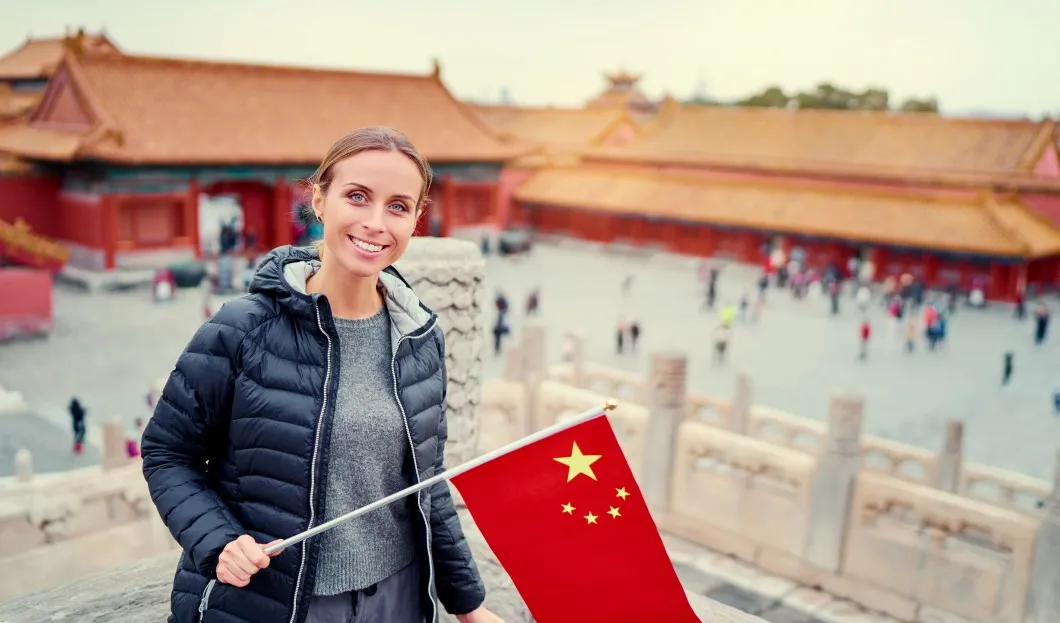
China is a destination full of contrasts. On one hand, Beijing with its millennial imperial buildings; on the other, Shanghai, with one of the most modern skylines in the world. Meanwhile, cities like Guilin feature breathtaking mountain landscapes. Wherever you are in China, one thing is for sure – you will not hear any language other than Chinese. English is a rarity there and even hotel and airport staff has little knowledge of the language. Tourism-review.com offers 5 tips how to make traveling to Chine much easier.











